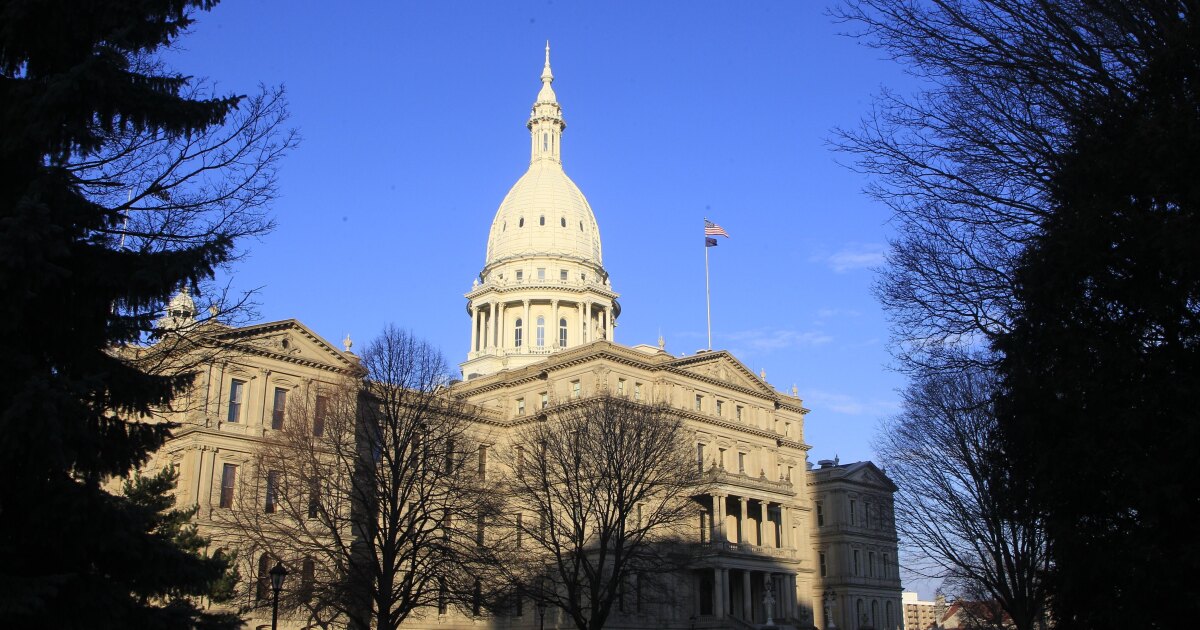

Michigan state lawmakers will introduce legislation on Wednesday to repeal several restrictions on abortion but not parental consent for minors seeking the controversial procedure.
“The goal is to do as much of this work as we possibly can, and we didn’t want to include anything that would have prohibited the rest of the package from getting through at this point in time,” Democratic state Rep. Laurie Pohutsky told reporters at a roundtable of abortion rights advocates.
SUPREME COURT AFFIRMATIVE ACTION RULING PROMPTS COLLEGE DIVERSITY ESSAY ‘LOOPHOLE’
Pohutsky, representing Livonia, was a sponsor of the 2019 and 2021 Reproductive Health Acts, both of which included a repeal of the statute that requires minor girls to obtain at least one parent’s permission to obtain an abortion, or a waiver from a judge. Both the 2019 and 2021 legislation failed to pass the House.
“At this point in time, it’s not going to be in this package,” Pohutsky said.
Parental consent for abortion was a significant component of the controversy on the abortion rights amendment that was passed by referendum in November 2022, which grants the state constitutional “right to make and effectuate decisions about all matters relating to pregnancy, including but not limited to prenatal care, childbirth, postpartum care, contraception, sterilization, abortion care, miscarriage management, and infertility care.”
A similar ballot measure amendment will be voted on in November in Ohio, to which anti-abortion advocates have raised similar concerns regarding the removal of the parental consent statute.
The American Civil Liberties Union, which has supported the amendments in both states, strongly opposes parental consent measures as medically unnecessary barriers to the procedure.
CLICK HERE TO READ MORE FROM THE WASHINGTON EXAMINER
Although 61% of teenage girls discuss their abortions with at least one parent prior to the procedure, 22% of those do not fear being kicked out of their home, and 8% fear physical abuse, according to the ACLU.
The current version of the Reproductive Health Act is expected to repeal the state’s 24-hour waiting period for abortions, certain building code requirements for abortion, and the ban on using Medicaid funds for abortion.





